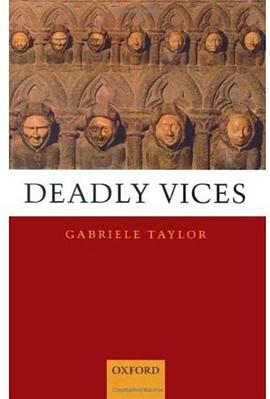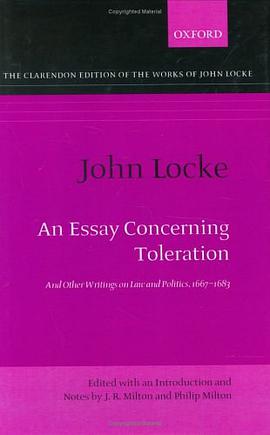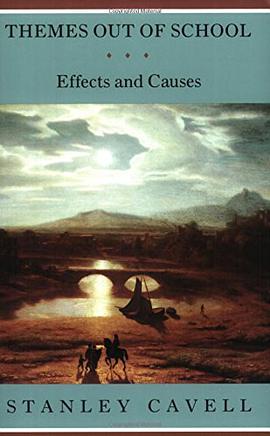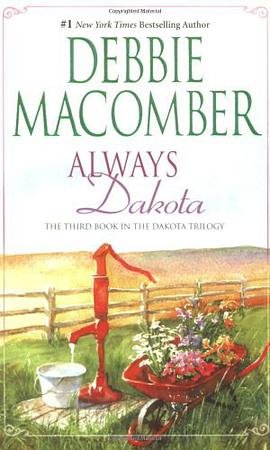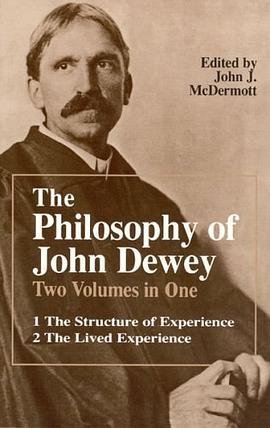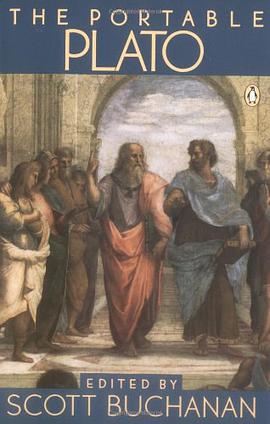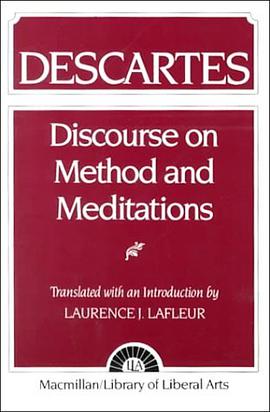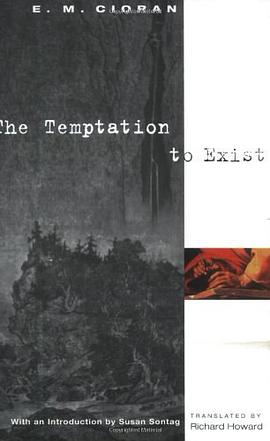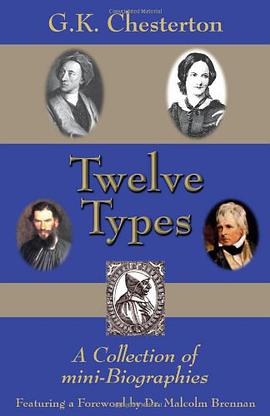

This is the first complete edition of the later work of the medieval philosopher and theologian Henry of Harclay. In colloboration with Raymond Edwards, an English translation is printed on facing pages, making this work available to a much wider audience. The twenty-nine Quaestiones Ordinariae cover a range of topics in metaphysics, theology, physical science, philosophical anthropology and ethics, which were among the most important of those debated in the early fourteenth century. The articles provide a window to this era, as Harclay discusses many of the main questions of his day: whether and why we choose what is evil, how God can know the future and we can still be free, what a virtue is, whether the human soul survives death, whether all things are made up of atoms. This edition enables us to evaluate Harclay, not only in relation to other notable thinkers of his time (such as John Duns Scotus and William of Ockham) but to appreciate the inner coherence of his own thought. An extensive introduction to Harclay's life, works and doctrine is provided. The volumes will also benefit scholars following the debates among lesser-studied thinkers such as William of Alnwick, Thomas of Sutton, Nicholas Trivet, and Robert Walsingham, whom this edition shows to have been in dialogue with Harclay during the years of the composition of his Quaestiones, 1310-1317. Because of the clarity of Harclay's thought and style, now mirrored in the English translation, the Quaestiones Ordinariae are an ideal way to introduce students to key problems in medieval philosophy, as well as to enable scholars to deepen their knowledge of the debates of this period. A further volume will publish Questions XV-XXIX.
具体描述
读后感
评分
评分
评分
评分
用户评价
相关图书
本站所有内容均为互联网搜索引擎提供的公开搜索信息,本站不存储任何数据与内容,任何内容与数据均与本站无关,如有需要请联系相关搜索引擎包括但不限于百度,google,bing,sogou 等
© 2025 book.wenda123.org All Rights Reserved. 图书目录大全 版权所有

